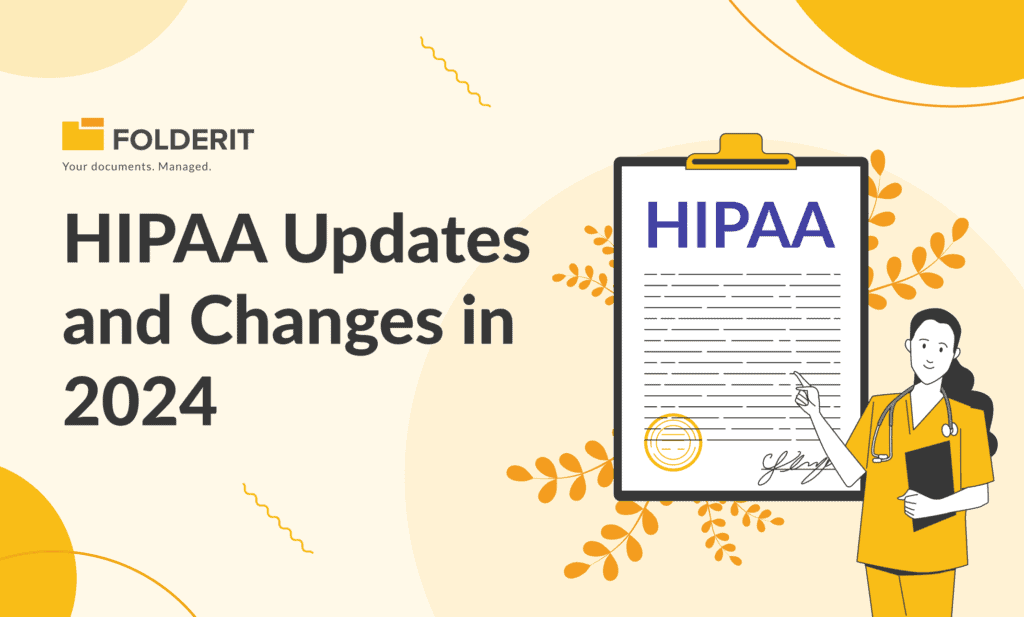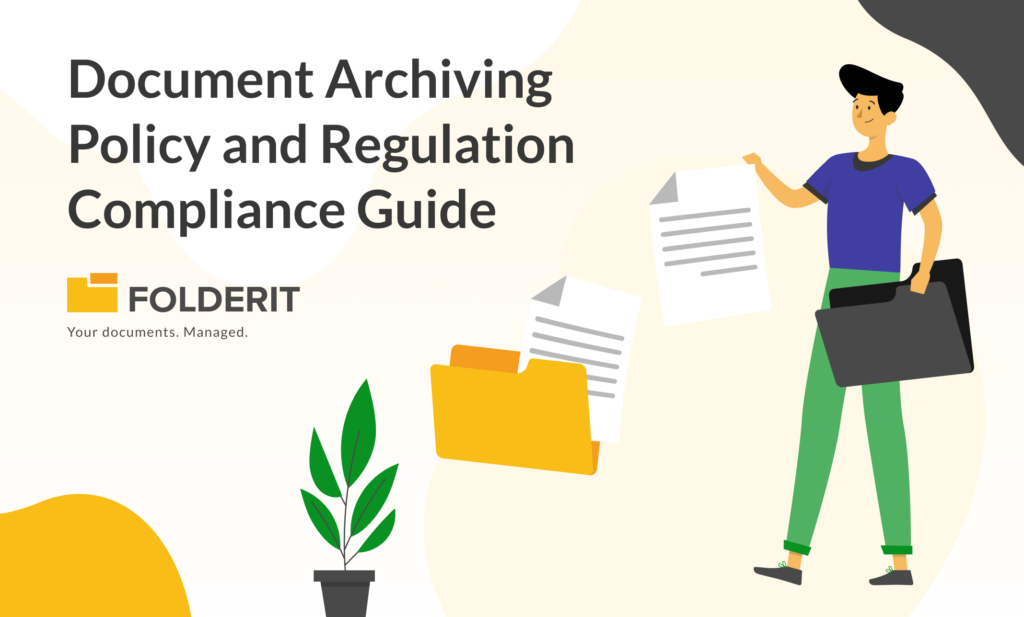As the healthcare industry continues to evolve with technological advancements, the need for stringent data protection and privacy measures has never been more critical. The Health Insurance Portability and Accountability Act (HIPAA), a cornerstone of patient data protection in the United States, is seeing significant updates in 2024. These changes aim to address the challenges and opportunities presented by the digital transformation in healthcare, ensuring that patient information remains secure in an increasingly interconnected world.
Understanding the 2024 HIPAA Updates
The 2024 updates to HIPAA are designed to enhance the framework for protecting Personal Health Information (PHI) amidst the rapid adoption of digital health technologies. These updates reflect a comprehensive approach to securing patient data, emphasizing the importance of privacy, security, and patient rights.
Expanded Privacy Protections
One of the hallmark changes in the 2024 HIPAA updates is the expansion of privacy protections. This enhancement is in response to the evolving nature of cyber threats and the increasing sophistication of data breaches. Healthcare organizations will be required to implement more robust safeguards to protect PHI against unauthorized access, ensuring that patient confidentiality is maintained at all times. This includes stricter controls on the use and disclosure of PHI, providing patients with greater control over their information.
Strengthened Cybersecurity Requirements
The current digital landscape has brought about a reliance on Electronic Health Records (EHRs) and other digital tools that, while improving healthcare delivery, also pose new risks to data security. The 2024 updates address these challenges by introducing strengthened cybersecurity requirements. Healthcare providers and organizations will need to conduct comprehensive risk assessments and establish incident response plans. Enhanced data encryption practices will become mandatory, safeguarding PHI from cyber threats and ensuring the integrity of patient data.
Enhanced Patient Rights and Access
Central to the HIPAA updates is the empowerment of patients concerning their health data. The 2024 revisions aim to grant patients enhanced rights to access their PHI, including the ability to obtain electronic copies of their records and request corrections to inaccurate information. Healthcare providers will be tasked with facilitating this access, ensuring that procedures for exercising these rights are transparent and accessible. This shift underscores the move towards more patient-centered care, where patients are active participants in their healthcare journey.
Updates on Breach Notification Requirements
In the event of a data breach, timely and transparent communication with affected individuals is crucial. The 2024 HIPAA updates strengthen breach notification requirements, mandating that healthcare entities have comprehensive plans in place for identifying, investigating, and reporting breaches. This includes protocols for notifying the U.S. Department of Health and Human Services (HHS) and affected patients promptly, maintaining transparency, and upholding trust in the healthcare system's ability to protect patient information.
Navigating the Compliance Landscape
The impending HIPAA updates present a complex compliance landscape for healthcare providers and organizations. Adapting to these changes will require a multifaceted strategy, including updating policies and procedures, enhancing data security measures, and ensuring that staff are trained on the new requirements. Healthcare entities must stay informed and proactive in their compliance efforts to navigate the regulatory changes effectively.
Compliance Challenges and Solutions
The 2024 HIPAA updates introduce several compliance challenges that healthcare providers and organizations must navigate. These include implementing enhanced privacy and cybersecurity measures, ensuring patient rights to access and amend their health information, and adhering to stricter breach notification protocols. To address these challenges, healthcare entities should consider the following strategies:
- Conduct Regular Risk Assessments: Identifying potential vulnerabilities in the handling of PHI is the first step toward safeguarding patient data. Regular risk assessments can help healthcare organizations stay ahead of emerging threats and ensure that their security measures are robust and effective.
- Update Policies and Training Programs: As HIPAA regulations evolve, so too must the policies and procedures that guide the handling of PHI within healthcare organizations. Updating these documents and conducting regular training sessions for all staff members will be essential in maintaining compliance and fostering a culture of data protection.
- Leverage Technology for Enhanced Security: Advanced encryption technologies, secure data storage solutions, and comprehensive incident response platforms can provide the technical backbone needed to protect PHI against unauthorized access and breaches. Investing in these technologies will be a key component of compliance with the 2024 HIPAA updates.
- Facilitate Patient Access to Health Information: Developing clear, user-friendly processes for patients to access, review, and correct their health information is a cornerstone of the 2024 updates. Healthcare providers should leverage digital tools and platforms that make it easier for patients to exercise their rights under HIPAA.
Resources for Healthcare Organizations
To aid in the transition to the updated HIPAA regulations, several resources are available to healthcare organizations:
Guidance from the U.S. Department of Health and Human Services (HHS): The HHS provides comprehensive guidance on HIPAA compliance, including detailed information on the upcoming changes and how to prepare for them.
HealthIT.gov: This platform offers resources on implementing secure health IT systems, including best practices for protecting PHI and ensuring cybersecurity in healthcare settings.
Industry Associations: Many healthcare and privacy organizations offer workshops, webinars, and training materials focused on HIPAA compliance and best practices for data protection.
Specialized Consulting Services: For healthcare organizations seeking tailored advice, consulting firms specializing in healthcare compliance can provide expert guidance and support in preparing for the 2024 HIPAA updates.
Conclusion
The HIPAA updates and changes slated for 2024 represent a significant shift towards enhancing the protection and privacy of patient information in an increasingly digital healthcare landscape. By expanding privacy protections, strengthening cybersecurity requirements, enhancing patient rights, and clarifying breach notification protocols, these updates aim to fortify the trust between patients and healthcare providers.
As the healthcare industry continues to evolve, staying informed and proactive in compliance efforts will be essential for navigating the challenges and seizing the opportunities presented by the digital age. Healthcare organizations that embrace these changes and invest in the necessary preparations will not only comply with the updated regulations but also demonstrate their unwavering commitment to patient safety and data security.



